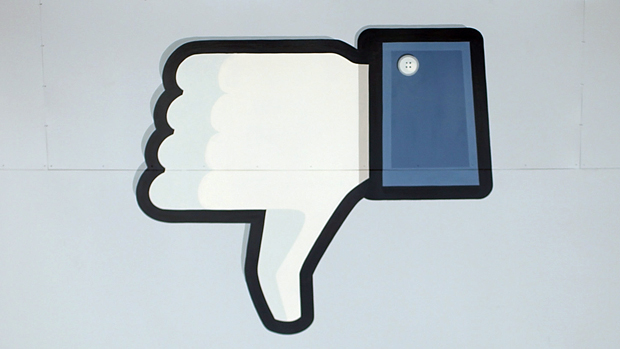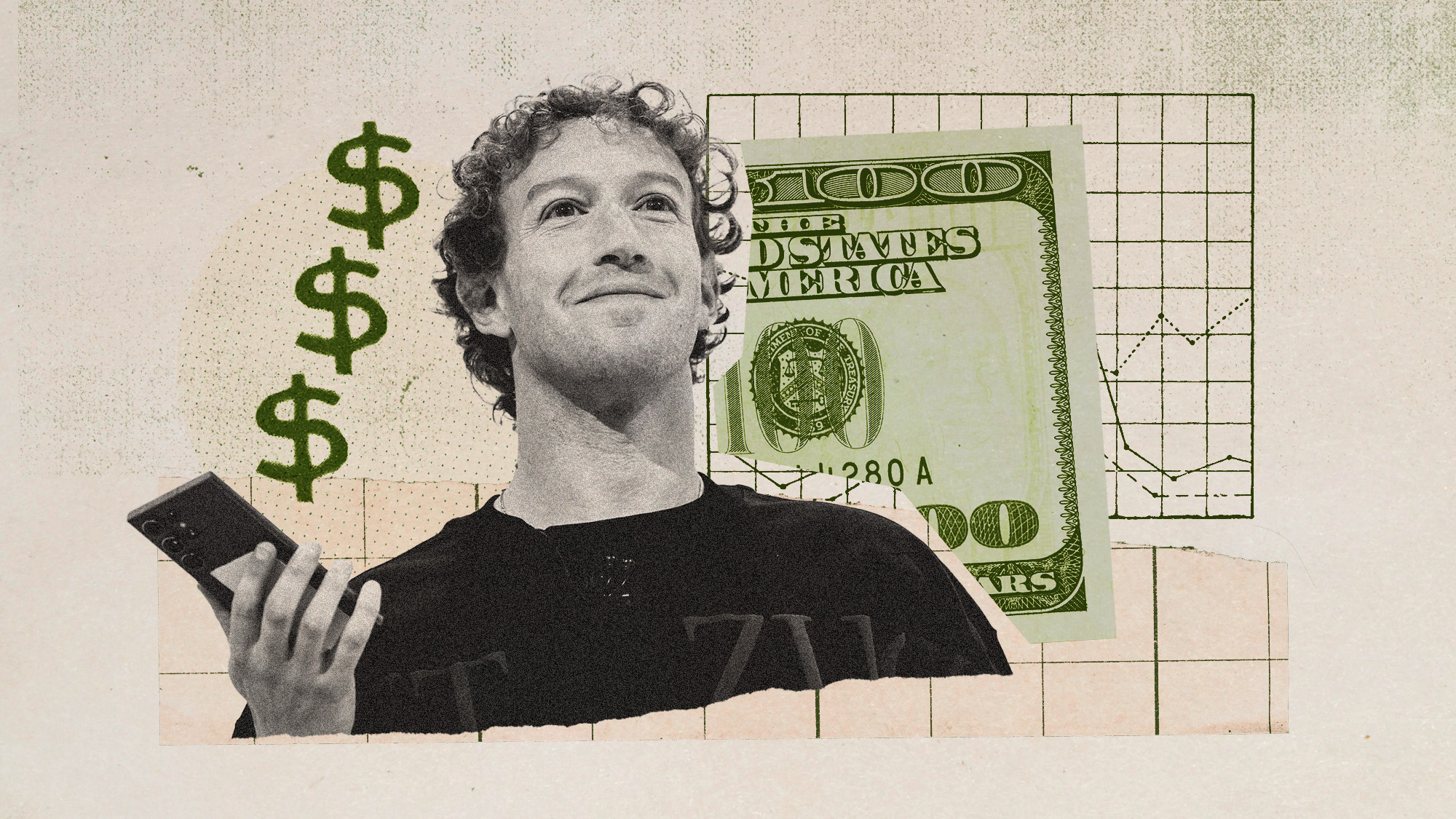Facebook 'dislike' button is finally on the way
Mark Zuckerberg says site is 'very close' to implementing new 'empathy' feature

A free daily email with the biggest news stories of the day – and the best features from TheWeek.com
You are now subscribed
Your newsletter sign-up was successful
Facebook appears to finally be taking heed of its users' number one request – a counterpart to the 'like' button. Founder Mark Zuckerberg says the social network is "very close" to implementing a new ‘dislike’ button designed to allow users to express sorrow or empathy.
For years, users have been pointing out that the Facebook 'like' button doesn't run the full gamut of emotions. A touching tribute to a deceased relative, a self-pitying missive from a hospital bed, or even a rant about missing the bus can all seem inappropriate subjects to 'like'.
However, Zuckerberg says that it has been a struggle to find the right way to let users express more nuanced emotions.
The Week
Escape your echo chamber. Get the facts behind the news, plus analysis from multiple perspectives.

Sign up for The Week's Free Newsletters
From our morning news briefing to a weekly Good News Newsletter, get the best of The Week delivered directly to your inbox.
From our morning news briefing to a weekly Good News Newsletter, get the best of The Week delivered directly to your inbox.
"We didn't want to just build a dislike button because we don't want to turn Facebook into a forum where people are voting up or down on people's posts," Zuckerberg explained in a Q&A at Facebook's California headquarters.
"Not every moment is a good moment… I think it's important to give people more options than 'like' as a quick way to emote and share what they're feeling on a post," he added.
For many users, it was a triumphant moment. "First the middle finger emoji, now the dislike button. It seems like we can finally express our true feelings on social media," says tech website Stuff.tv.
Robert Montenegro at Big Think suggests that the move comes as Facebook is trying to stave off a "decline phase". "How does a company deal with a popularity hiccup?" Montenegro asks. "Give the people what they want."
A free daily email with the biggest news stories of the day – and the best features from TheWeek.com
Not all the reaction to the news has been positive, however, with many media commentators observing that Facebook is hardly lacking in attention-seeking behaviour already, and the ability to rack up empathy points will surely increase the urge to wallow in misery.
"It could become a sadder place, as less rosy content will be better able to compete with adorable pet photos and ice bucket challenges," says Time. However, it applauds the new button as a savvy business move, as "showing users a wider variety of things they deeply care about will only keep them coming back to Facebook".
Meanwhile, The Verge asked readers to vote for an alternative button they would like to see. Options include: "Your politics are reprehensible" and "I find you attractive, but have nothing of substance to say".
-
 Political cartoons for February 16
Political cartoons for February 16Cartoons Monday’s political cartoons include President's Day, a valentine from the Epstein files, and more
-
 Regent Hong Kong: a tranquil haven with a prime waterfront spot
Regent Hong Kong: a tranquil haven with a prime waterfront spotThe Week Recommends The trendy hotel recently underwent an extensive two-year revamp
-
 The problem with diagnosing profound autism
The problem with diagnosing profound autismThe Explainer Experts are reconsidering the idea of autism as a spectrum, which could impact diagnoses and policy making for the condition
-
 Is social media over?
Is social media over?Today’s Big Question We may look back on 2025 as the moment social media jumped the shark
-
 Metaverse: Zuckerberg quits his virtual obsession
Metaverse: Zuckerberg quits his virtual obsessionFeature The tech mogul’s vision for virtual worlds inhabited by millions of users was clearly a flop
-
 Social media: How 'content' replaced friendship
Social media: How 'content' replaced friendshipFeature Facebook has shifted from connecting with friends to competing with entertainment companies
-
 Meta on trial: What will become of Mark Zuckerberg's social media empire?
Meta on trial: What will become of Mark Zuckerberg's social media empire?Today's Big Question Despite the CEO's attempt to ingratiate himself with Trump, Meta is on trial, accused by the U.S. government of breaking antitrust law
-
 What does an ex-executive's new memoir reveal about Meta's free speech pivot?
What does an ex-executive's new memoir reveal about Meta's free speech pivot?Today's Big Question 'Careless People' says Facebook was ready to do China censorship
-
 What's Mark Zuckerberg's net worth?
What's Mark Zuckerberg's net worth?In Depth The Meta magnate's products are a part of billions of lives
-
 What Trump's 'tech bros' want
What Trump's 'tech bros' wantThe Explainer Elon Musk, Mark Zuckerberg and Jeff Bezos had 'prime seats' at the president's inauguration. What are they looking to gain from Trump 2.0?
-
 Big tech's big pivot
Big tech's big pivotOpinion How Silicon Valley's corporate titans learned to love Trump